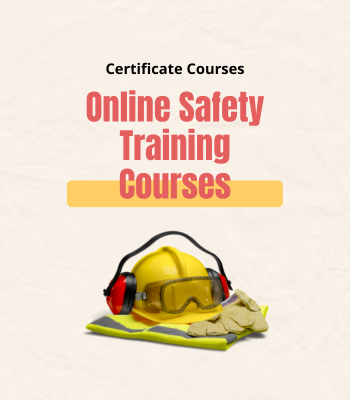Making the Most of Online Corrective Action Training in Canada HOS Documentation
1. Maximizing the Benefits of Remote Corrective Action Training for HOS Documentation in Canada
Are you looking for a way to maximize the benefits of remote corrective action training for HOS documentation in Canada? The online world has opened up so many possibilities, and now its easier than ever before to get the best out of your employees with effective learning strategies. Online training helps ensure that all personnel are trained on safety regulations quickly and efficiently, allowing them to stay compliant while minimizing costs associated with travel expenses or other traditional methods.
At first glance, Corrective Action Training (CAT) may seem intimidating but once broken down into simple steps it can be quite straightforward even as a beginner! CAT is an important part of Health & Safety management systems used by Canadian companies - especially those operating heavy-duty equipment such as trucks or buses. It involves assessing risks posed by unsafe behaviors/conditions then implementing control measures designed reduce these hazards over time through targeted education programs which focus on improving employee knowledge base about safe practices when using machinery etcetera.. Additionally this type of program also provides employers peace mind knowing they’re taking proactive approach towards workplace health & safety compliance rather than just reacting after something goes wrong – ultimately leading better outcomes overall both financially economically speaking too!
Remote delivery options not only provide convenience cost savings but allow organizations access wider range participants who would otherwise have difficulty attending physical courses due distance constraints; meaning everyone gets same quality instruction regardless their location. Furthermore since most sessions conducted via video conferencing technology there no need worry about language barriers either making sure message conveyed clearly understood across entire workforce without any misunderstandings occurring along way!.
Frequently Asked Questions
QWhat guidelines should be followed to ensure effective Online Corrective Action Training for HOS Documentation in Canada?
To ensure effective online corrective action training for HOS documentation in Canada, the following guidelines should be followed:
1. Make sure to provide clear and concise instructions on how to complete each section of the course or document;
2. Use plain language that is easily understood by beginner audiences so they can quickly grasp key concepts without having prior knowledge;
3. Ensure all content is up-to-date with Canadian regulations related to health and safety management systems; 4. Provide resources such as practice quizzes or practice videos during breaks throughout your sessions in order to review material effectively; 5 . Allow your participants lotds ssof opportunity for discussion about their experiences ansd questionns ;n nand finally,. lead them through a debrief at th end oif thee session wherer you evaluationate both learning objectives annnd general feedback..
QHow can businesses make the most out of their online corrective action training sessions regarding HOS documentation requirements in Canada?
Businesses can make the most out of their online corrective action training sessions by ensuring that all team members understand and comply with Health and Safety documentation requirements in Canada. This means making sure that everyone has access to important information, like safety policies or procedures for hazardous work environments. Additionally, employers should provide tools such as quizzes or surveys to help employees retain what they've learned during the session. Finally, businesses should look into providing rewards for successful completion of these courses so that everyone takes them seriously and keeps up-to-date on any changes around HOS documentation requirements - this will ensure ongoing compliance!
Canada Info:
Restaurants in Canada:
Flavours of Québec
Address: 510 77 Ave SE, Calgary, AB T2H 1C3
River Café
Address: 25 Prince's Island Park, SW, Calgary, AB T2P 0R1
Shokunin
Address: 2016 4 St SW, Calgary, AB T2S 1W3
